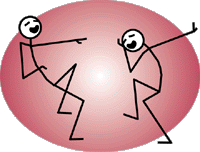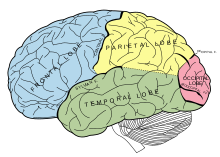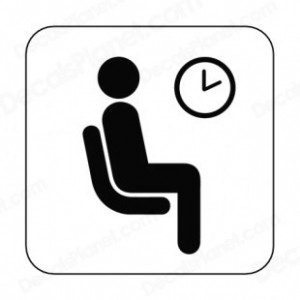Yesterday, 6 long-term women friends got together for 24 hours at my sister’s cottage, gathering for the first time since April. Our intentions were six-fold: (1) to pull away from the pressures of everyday life; (2) to catch up on each others families; (3) to share a prayer time; (4) to hike at the beach; (5) to eat good food; (6) to laugh together. Although numbers 1-5 were meaningful, that number 6 was downright spectacular.
After sharing prayer requests, none of us felt like laughing. Among us were the heavy problems of surgery, disease, exhaustion, discouragement, and others. The load was heavy, but after we spent time turning it all over to God, it wasn’t difficult to switch gears and give ourselves over to number 6.
We hadn’t intended to get quite as hilarious as we did, but bringing out a “Catch Phrase” game was a good idea. None of us would call ourselves “gamey,” but once we got going in this contest of words, we had to force ourselves to stop at 1:00 am.
What is it about two hours of guffawing that’s so appealing? Science tells us it serves as an emotional balancing mechanism for stress. Raucous laughter causes the brain to release something called endorphins, which can increase joy and even reduce physical pain. Indeed, we were feeling no pain last night.
Studies have shown that children laugh far more than adults, 300 times a day for them, 20 for us. Of course that makes perfect sense, but it’s a shame. God urges us to roll our burdens onto him in prayer and to trust his promises as true. The more we follow those instructions, the more we’ll find ourselves laughing.
Scripture tells us that even God has a good laugh once in a while: “The One enthroned in heaven laughs.” (Psalm 2:4) His laughter, however, is usually directed at those who rebel against him, a holy laughter linked with ultimate justice. In that way, our laughing and his are quite different, but then again, he doesn’t need an endorphin boost like we do.
The Lord’s gift of human laughter is so special that he gives us the know-how to do it even before we can talk. A baby’s first laugh brings monumental joy to parents, usually eliciting a laugh in return. It’s a happy, universal language that works well in every country, with every dialect, for every age. Even though some laughs are ha-ha-ha, some ho-ho-ho and others hee-hee-hee, we “get” them all.
Today while sitting in church, I realized my stomach muscles hurt. The 6 of us laughed so hard for so long last night, my abs mistakenly thought they’d had a work-out. Well, maybe they had, which would be just one more benefit of a good guffaw.
“There is a time for everything… a time to weep and a time to laugh.” (Ecclesiastes 3:1a,4a)







